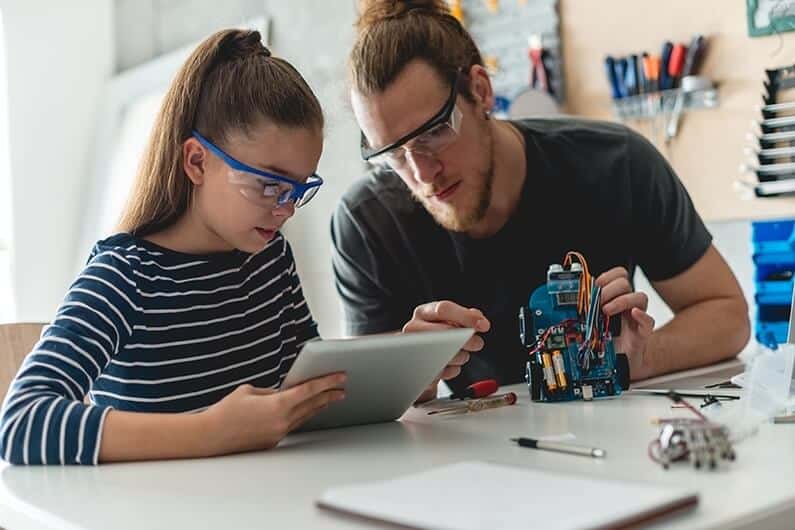
Model Being the Adult You Want Your Child to Become
It feels natural for parents to want to make things better for their kids. However, the term “better” requires parsing. Does that mean parents want more education for their kids? More opportunities? Or simply to have more toys and fewer responsibilities than they had as kids?
In this program, a second interview with Janet Doman, Director of the Institutes for the Achievement of Human Potential (IAHP), we reevaluate the opportunities parents have to make things better for their kids through their own thoughtful and enthusiastic teaching, not through toys. In alignment with the IAHP’s best practices, we discuss how to engage our children’s own natural curiosity to learn anywhere and everywhere. Further, we touch on the value of trusting our own natural parenting instincts for striving toward overall human excellence over relying on single process solutions for individual problems. It is the work of the Institutes that continues to inspire us about what we can do to help children be capable and ready for the future. Our challenge is to be the adults we want our children to become.
Model Being the Adult You Want Your Child to Become
Model Being the Adult You Want Your Child to Become
Never in the history of our world has the need for large numbers of bright, articulate, resourceful people with great critical thinking capabilities been more important. The looming question is, whose job is it to prepare them? In this program, our guest is Janet Doman, Director of the Institutes for the Achievement of Human Potential (IAHP). She talks with us in about how today’s parents can successfully begin, right from the birth of their children, to prepare them for the physical, intellectual and social challenges they will face in the future that we can’t even imagine today.
It was my own week at the IAHP’s “How to Multiply Your Baby’s Intelligence” course that made me realize how important my role was as a mother. I learned that the way I chose to meet the needs of my growing infant would affect her forever. It was axiomatic that the mother is the child’s best teacher. This was not a romantic notion, but the reality of nature giving specific drives and instincts to her to care for her child and make it ready for when it must be on its own. In society, daily talk about children and education typically centers on schools being the place where children learn what they need to function well. Yet, children are not in formal school settings more than 12% of their time. It is in their community and being among family and friends that dominate what children will learn and build their worlds around.
Problem-solving and critical thinking skills so hotly touted as the workforce skills of the future, begin to develop and mature from infancy when babies, youngsters, adolescents and young people are faced with demanding, life challenging problems to solve, not just paper problems. Without a mandate in life to stretch and apply what a person has learned, critical thinking is hard to develop. Parents provide children the opportunities and experiences in life to grow.
It is with great excitement and pride that I am able to share this first segment of our two-part interview on the potential of children to grow, develop critical thinking skills, and successfully meet the yet unknown demands of tomorrow, beginning at birth.

Janet Doman,
Director of the Institute for the Achievement of Human Potential
